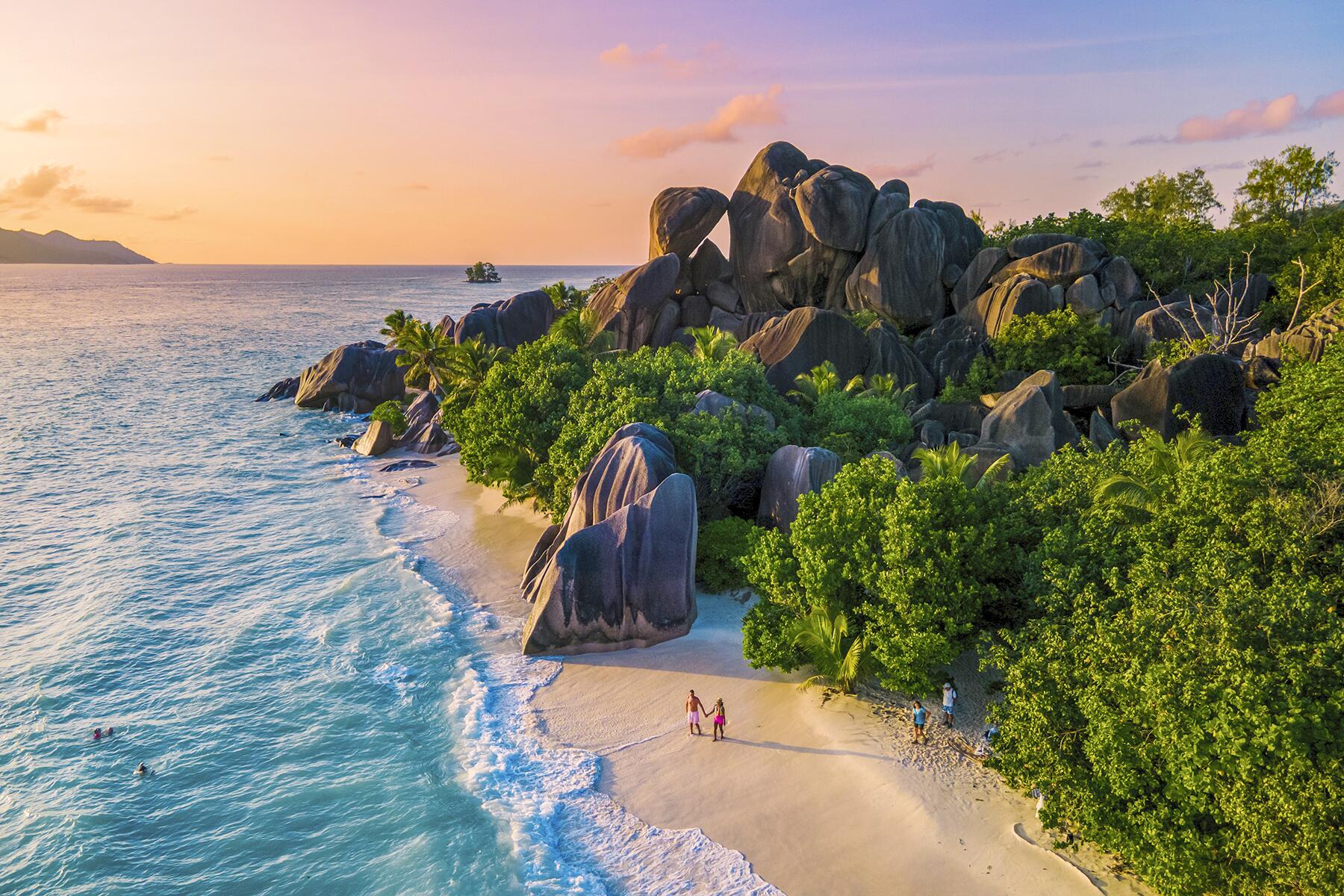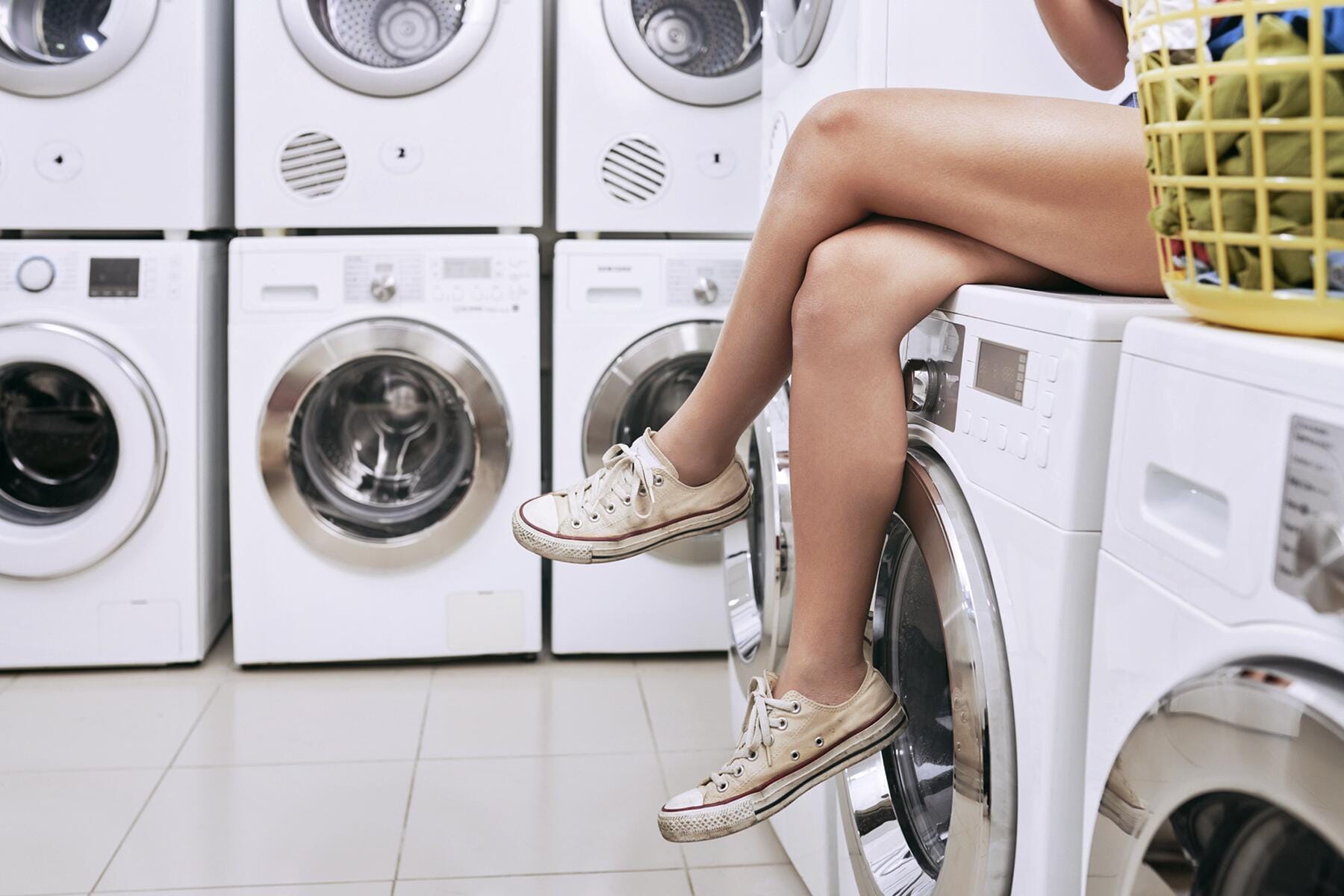Don’t let travel fatigue ruin your holiday.
When it comes to sleep, do you get enough shut-eye? According to researchers, more than 70 million Americans have some form of a sleeping disorder related to stress-related issues, chronic diseases, or mental health conditions. While more than 25% of Americans find it hard to fall asleep in their own bed, traveling can be an additional quandary throwing someone’s normal sleeping pattern into chaos. Sleeping comes down to a science and relies on a number of factors: how your body reacts to its surroundings, how much light you get during the day, and what you are exposed to at night.
Perhaps it is the buzz of traveling to a far-flung destination. Maybe it’s the stress and thrill of planning your trip’s itinerary. Or, perhaps, it’s just good old-fashioned jet lag. No matter what, sleeping well is hard enough to achieve at home, but while traveling, it proves even trickier. In response, hotels have started to provide dedicated sleep programs.
Six Senses in Crans-Montana offers a dedicated Sleep Program that goes beyond soft pillows and comfy bed sheets for a good night’s rest. Baur Au Lac in Zurich has a new fitness program called Travel F1T, which helps beat jet lag with fitness, and in Germany, Brenner’s Park Hotel & Spa guests can choose the “Medical Care Best Sleep” program, which includes a consultation about sleep optimization with their in-house doctor. With sleep so important to travelers, Fodor’s reached out sleep experts and asked them about their tips, secrets, and advice on maximizing sleep while traveling.
Recommended Fodor’s Video
What Can You Do Before You Travel to Ensure Good Sleep?
According to Dr. Harry F. König, Head of Brenners Medical Care, having a good night’s rest not only keeps your immune system in check but can also help you stay both mentally and physically alert during your travels.
“Sleep is the most important regeneration time for the body and mind. Without adequate regeneration through sleep, we suffer from lack of concentration, impaired function in the physical and mental spheres, and are significantly more prone to chronic illnesses,” says Dr. König.
Sleep Expert, Michael Breus agrees, “I would argue it is the third most important thing your body can do other than breathe and drink water. It affects every organ system and every disease state, literally everything you do, you do better with a good night’s sleep.”
So, what can you do before you travel? One of the best things you can do is to shift your sleep schedule before you travel.
“Before you travel, adjust when you fall asleep one or two hours closer to the time for sleeping at your destination,” says Breus. “This change gives your body a head start in preparing for your new local time and may decrease jet lag. When traveling east, go to bed sooner than normal. When traveling west, try to stay up a little later. However, for trips shorter than three days, sticking to your usual sleep-wake schedule may actually be best for fending off jet lag.”
How to Overcome Jet Lag
Jet lag happens because the body’s internal clock is thrown out of sync and produces symptoms, including lack of sleep, drowsiness, and impaired mental and physical performance.
“Most of the time, our sleep habits are changed when our bio rhythm is disrupted,” explains König. “There’s a greater likelihood of this happening when we travel due to a new environment, a change of time zone, or sleep disturbances. To combat this, it is very important to schedule enough sleep time and ensure the typical sleep duration remains the same. When changing time zones especially, one should adjust themselves immediately to sleeping in the new time rhythm, which can be aided by taking melatonin at bedtime.”
Dr. König is referring to what scientists call the circadian rhythm and one of the contributing factors influencing our body’s ability to sleep.
“Circadian rhythms are 24-hour cycles that are part of our body’s internal clock running in the background to carry out essential functions and processes, and one of the most important is the sleep-wake cycle,” writes the Sleep Foundation.
Many factors cause and increase the severity of jet lag like fatigue, flight arrival time, flight transit times, and the number of time zones you cross, but one of them is exposure to light. One of the keys to getting over jet lag is exposure to light with the body’s circadian rhythm aligned with your destination’s sunrise and sunset schedule. But while natural sunlight during the day is great for you to “reset” your body’s rhythm, any form of light should be avoided at night.
If your hotel room doesn’t have a sleep program as they do at Brenners Park and Spa in Germany, you can create your own sleep sanctuary.
“The room should be well-ventilated, darkened completely, and absolutely quiet,” advises Dr. König. “Depending on the temperature, the air conditioning should either be turned off entirely or set to a low ventilation with a room temperature of no warmer than 68º F. When we designed and planned the rooms in Brenners Park and Villa Stéphanie, we made sure that all unnecessary lights can be switched off and included a “digital detox” option to block the internet and phone service in the room for an improved night’s rest.”
Be Proactive in Your Planning for a Good Night’s Sleep
“When making a hotel reservation, request a room that is on an upper floor and far away from the elevators,” advises Breus. “Doing so can keep you away from highly trafficked areas and the noise that’s often found there. Darkness is also key to a good night’s sleep. Consider sleeping with earplugs or a sleep mask to create a dark, quiet environment.”
At the newly opened Six Senses in Crans-Montana, this very same sleep-inducing environment is created like those described by Breus. Jesmin Aly, Director of Wellness and Spa at Six Senses, says that the program has positive effects for insomniacs: “The program is ideal if you need to improve sleep patterns, restore energy levels, and de-stress.”
Rather than providing a full medical and clinical experience like those available at Brenner’s Park and Spa, guests of the Six Senses Resort and Spa in the Swiss Alps are encouraged to sleep better while on vacation with handmade mattresses from organic lamb’s wool to ensure airflow and excellent orthopedic support, as well as non-allergenic pillows to help with thermal and climate conditions for sleep, which according to Breus attribute to better sleeping.
“The best mattress should cushion your body without feeling too soft, support your spine to promote even alignment, and minimize pressure buildup in your shoulders, back, and hips,” says Breus. “You should choose a mattress based on your body weight, preferred sleep position, and personal preference for soft or firm surfaces.”
At the Six Senses Resort and Spa, if you don’t get over your insomnia after the first night, the on-call sleep curator offers a personalized sleep tracker device and a Jet Lag App to help monitor your different sleeping stages to pinpoint any changes that need to be made for better sleep.
Sleeping on Planes, Trains, and Automobiles
Sleeping at a 90-degree angle on a plane is not easy, but there are some tricks to help you get some zzz’s at 35,000 feet in the air. Breus recommends the usual suspects, like opting for a window seat so you are less likely to be disturbed by a fellow traveler looking for a bathroom break in the middle of the flight, wearing comfortable clothes to help you relax into your sleeping ritual, and bringing a neck pillow. But one crucial tip that travelers forget? Sleeping at the correct times.
“Traveling west is easier on sleep and circadian rhythms than traveling east,” explains Breus. “If you’re on a late flight headed east, plan to get your sleep in the early hours of your flight. You’ll be aligning yourself with the earlier evening hours of your destination. For westbound overnight flights, you’ll want to do the reverse.”
Breus also reminds me that posture matters when sleeping in an upright posture.
“Don’t cross your legs in your seat,” adds Breus. “This posture will impede normal blood flow in your lower body. A crossed-leg position also twists your spine out of alignment, which can cause pain and discomfort that may interfere with sleeping on your flight and when you finally land in a bed. Sit as much as possible with your legs extended in front of you, ideally with a slight bend in your knees.”
Performance coach Mark Arnall agrees that discipline is key to better sleeping habits on the plane and beating jet lag as a frequent traveler.
“I find fasting on the flights by far the best way to get rid of jet lag, and for most of the people that I have given this program to, they found the same thing,” explains Arnall. “It is not super easy but by not eating on the plane and by fasting for a certain period of time, it helps reduce a lot of effects of jet lag.”
Sleeping Outdoors
For Daniel Vilhelmsson Wesen, owner of Inspirational Outdoors in Sweden, sleep is one of the most important activities and keys to enjoying your time in the great outdoors. An expert in outdoor expeditions and someone who offers guided tours around his home in Gothenburg, Sweden, Daniel shares that there are many things you can do to get a good night’s sleep when camping outdoors. “When you arrive at camp, look for a place without large rocks and other objects that could affect your sleep. Don’t be afraid to lay on the ground for some time before deciding to ensure that it is comfortable,” says Wesen. “When you arrive, unpack your sleeping bag right away. Whether it’s down or synthetic, sleeping bag insulation needs loft to keep you warm. Put your sleeping clothes, socks, and your pillow inside your sleeping bag before dinner. This keeps away any chill or moisture and feels so much nicer next to your skin at bedtime.”
When it comes to camping outdoors in the cold, Daniel has a few tricks up his sleeve that have guided both himself, his family and clients well. “Don’t go to bed cold. Do something before! A couple of jumping jacks or a short run around the camp. While you’re at it, wave your arms and smile. The sleeping bag does not create heat, it only keeps the heat you create. If you’re cold it will take much longer to get warm,” says Wesen. He adds, “A great tip for really cold nights is to boil water and fill a Nalgene bottle, wrap it in a t-shirt or put a sock over it and take it to bed with you. Try putting it at your feet or holding it close to your core, maybe one at each location if you have two Nalgene bottles.”
And one final tip, “Bring a pillow! It is too often overlooked. Don’t ‘rough it.’ People may call you a wimp, but hey you probably slept the best!”




